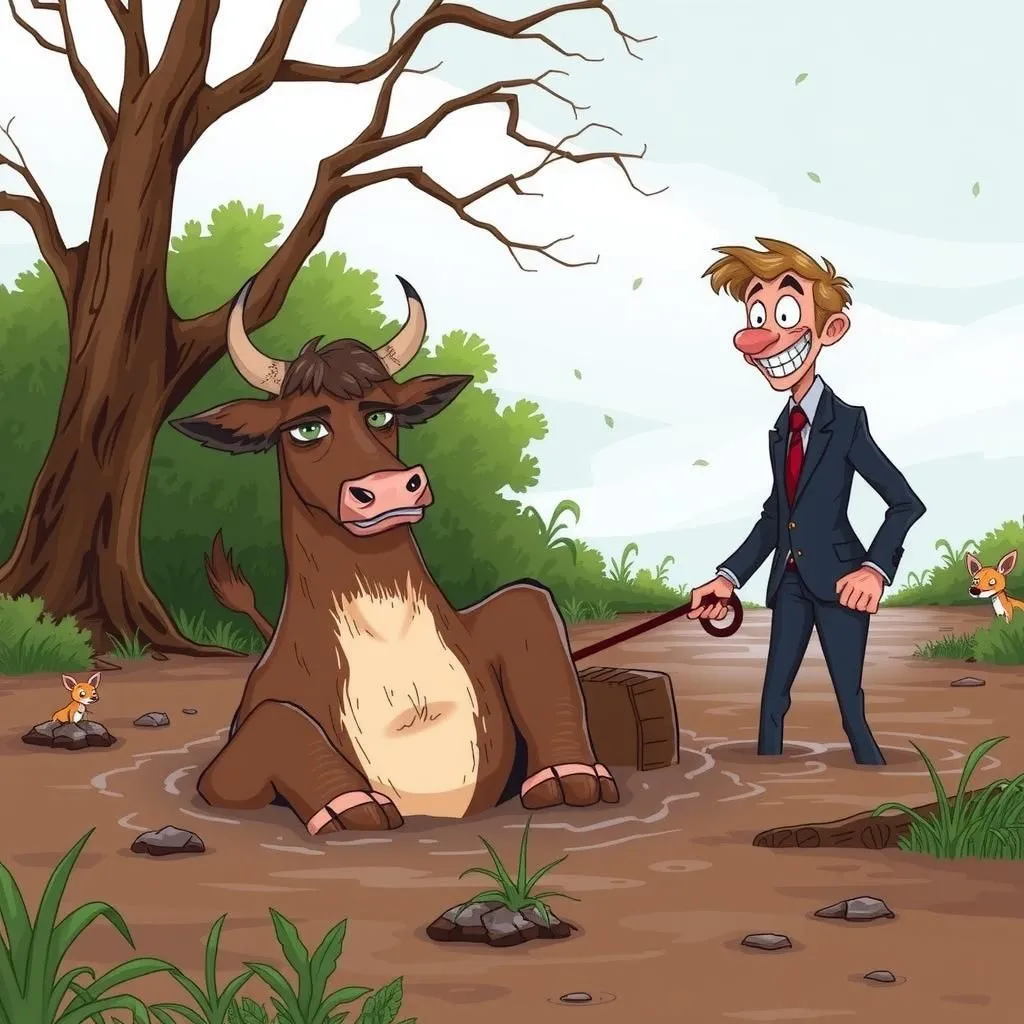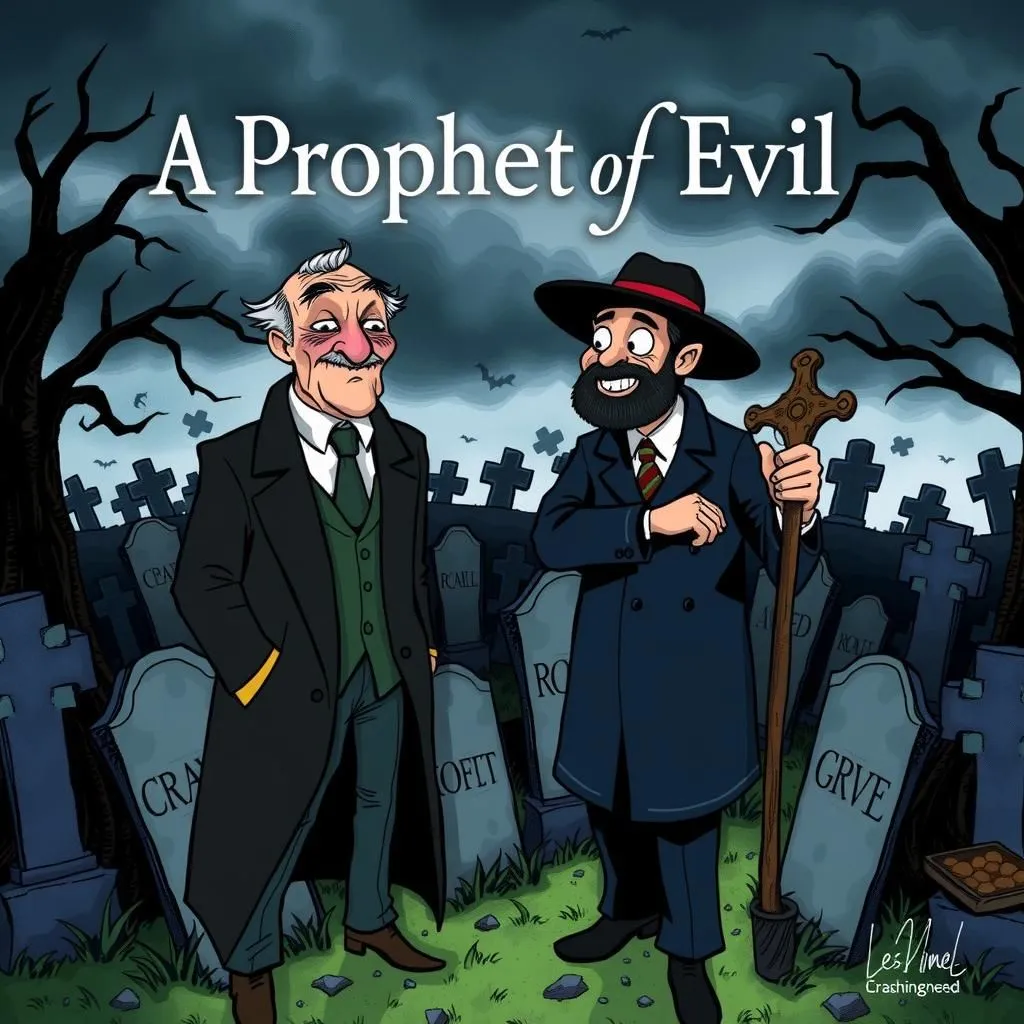
An Inadequate Fee
In "An Inadequate Fee," a trapped Ox enlists the help of a Political Pull, who rescues him from the mire but is left with only the Ox's skin as a reward. Discontent with this meager fee, the Political Pull vows to return for more, highlighting the lessons learned from stories about greed and the costs of assistance. This short moral story serves as a reminder of the importance of recognizing the value of help received, even in challenging situations.


